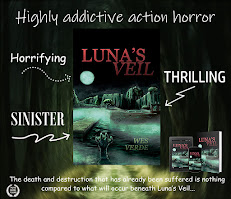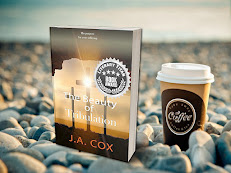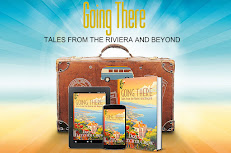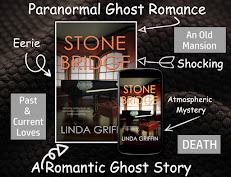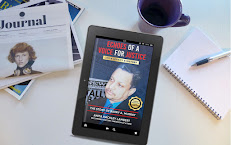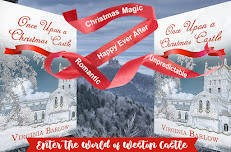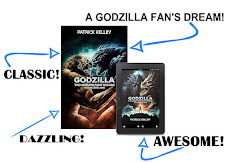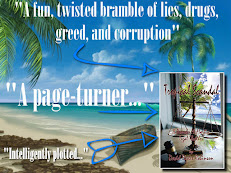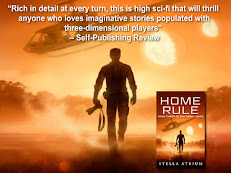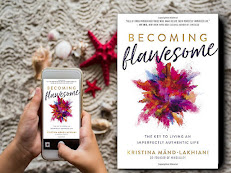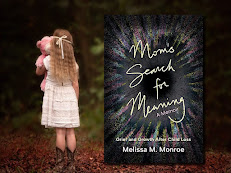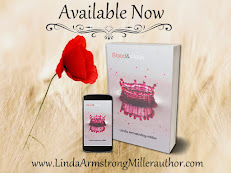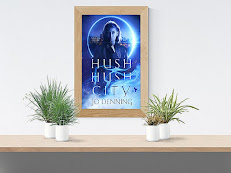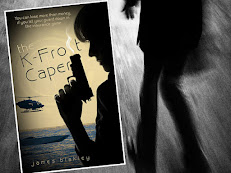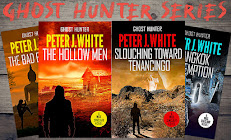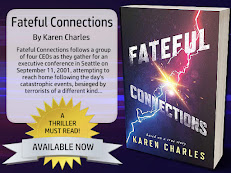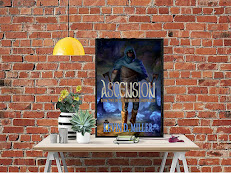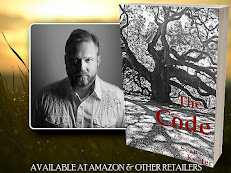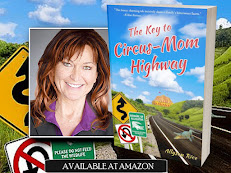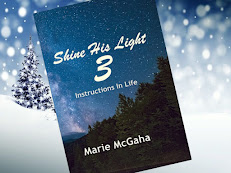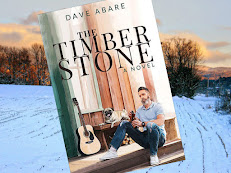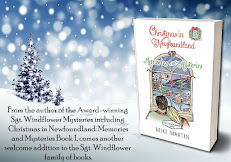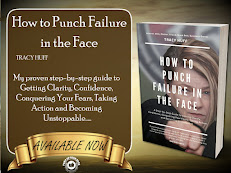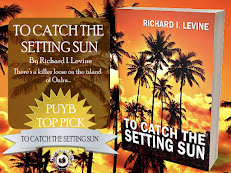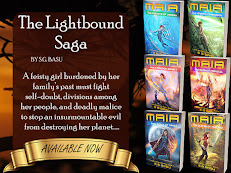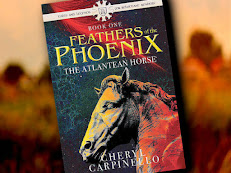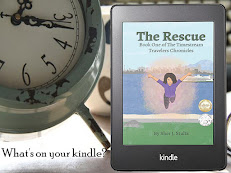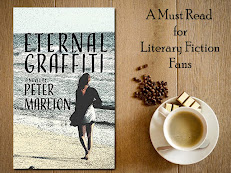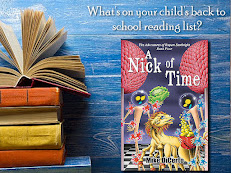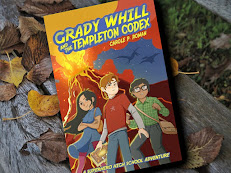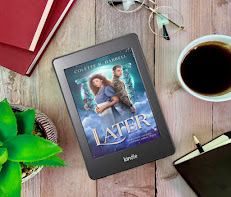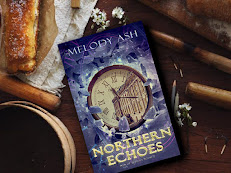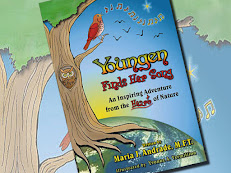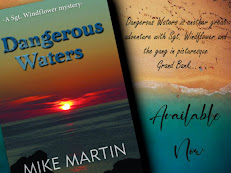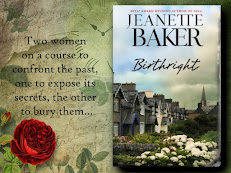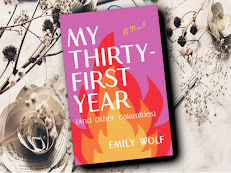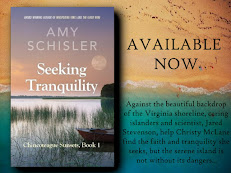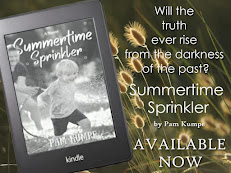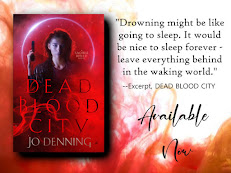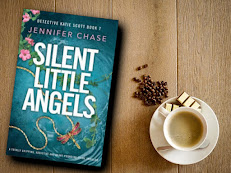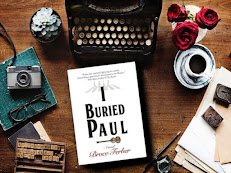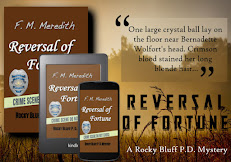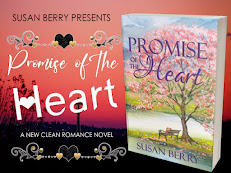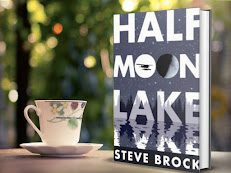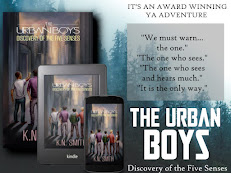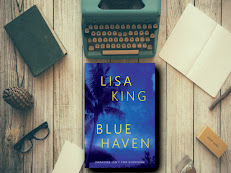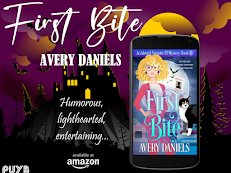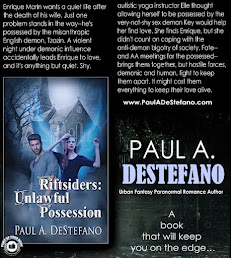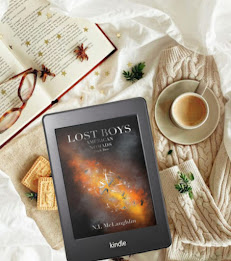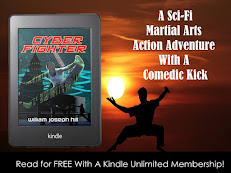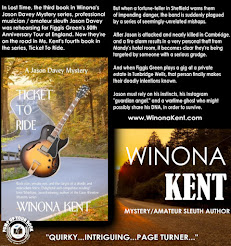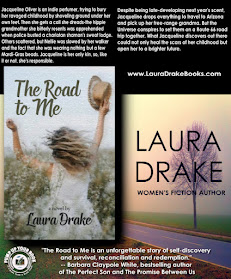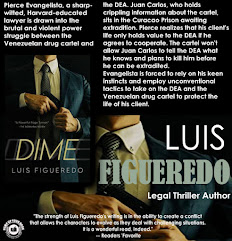WHAT DO WOMEN WANT - A MALE ROMANCE WRITER'S POINT OF VIEW by CJ Maxx
thewriterslife
12:00 AM
0 Comments
 Let’s start out with the biological stuff. Women want alpha males. This is true, of course, but happens much more in romance novels than in real life. There are only so many alpha males out there and some of them are jerks. There’s an unlimited amount available in the fertile minds of romance writers though and that allows many women to find the ideal male vicariously on the pages of any number of romance novels. And, you can find a man that will do just about anything you want him to do, and to you, metaphorically speaking, of course. This is one of the reasons, maybe the main reason for some, to read romance, fulfillment of fantasies, your fantasies.
Let’s start out with the biological stuff. Women want alpha males. This is true, of course, but happens much more in romance novels than in real life. There are only so many alpha males out there and some of them are jerks. There’s an unlimited amount available in the fertile minds of romance writers though and that allows many women to find the ideal male vicariously on the pages of any number of romance novels. And, you can find a man that will do just about anything you want him to do, and to you, metaphorically speaking, of course. This is one of the reasons, maybe the main reason for some, to read romance, fulfillment of fantasies, your fantasies.But what do women want in real life? Oh, there’s a small percent that will land alpha males although they may not resemble those from the romance novels. So, when women look out there at the rest of us imperfect males, what are they hoping to land? Short answer—someone that will love them—as they are.
A woman wants to be the most important thing in her man’s life. Forget the old girlfriends; cut those apron strings; your drinking buddies just moved down about twelve spaces on your priority list; watching sports on television isn’t a beer-drinking Saturday and Sunday afternoon ritual any longer; in other words, pay attention to your wife.
A woman wants romance. A man wants sex. We’re talking apples and oranges here. Desire, arousal, climax isn’t the same for both. There are numerous things that will knock down desire in a woman. A man’s job is to keep those things from happening. An overtired, overstressed woman is not looking for sex. There’s nothing romantic from a man’s point of view in overcoming these factors but if you want great sex, instead of grudgingly slam-bam sex you need to step in and fix things. Coming home, opening a beer and kicking back in your recliner while she cleans up and cooks after a hard day at work isn’t doing it. A hard day at work plus cleaning and cooking at home equals no sex. That’s just one example. There are numerous things happening daily that interfere with what both want. Helping out around the house, bathing the kids, fixing things, running errands, all those things make life a bit easier on her will have an impact on your love life.
A woman wants to feel desirous and that means she needs to feel good about herself. The male needs to tell her how beautiful she is, how luscious she is, in other words, tell her what she wants to hear—and mean it. She wants to know that you want her, not just sex. Not only does she need to feel good about herself she needs to feel good about how she looks. Clothes make the woman isn’t just a saying. “I look hot in this!” “You sure do, honey.” That’s a conversation needs to take place occasionally. Let her spend the money.
There are times when a woman just wants to be ravaged and spontaneous sex does happen—and it’s great. But, most of time woman want to enjoy the romantic interlude and that means one thing: slow it down. Arousal is not instantaneous in woman. An aroused woman is what a man really wants and taking your time; learning what she likes and taking your cues from her will pay dividends. I can’t say enough about an aroused woman. If a man has this as his goal, bringing his woman to a high state of arousal, he’ll have a sex life that could not be better.
The final step is climax. For most men this is a one shot deal, pun intended. Most women can be multi-orgasmic, and, if this is so, that’s what should happen, every time. A woman who has four or five or even more orgasms is a woman who’s going to look forward to the next time. Trust me.
C.J. Maxx
Author of IN THE ARMS OF A WARRIOR
http://www.cjmaxx.net/













































